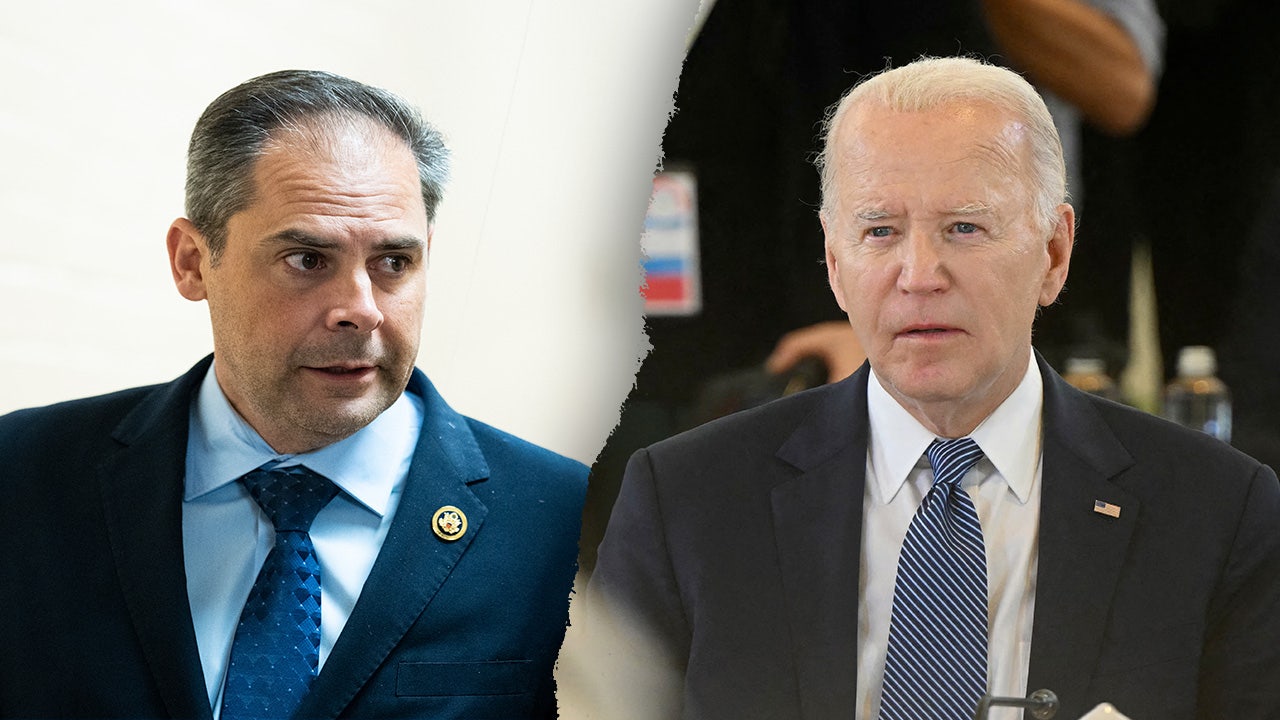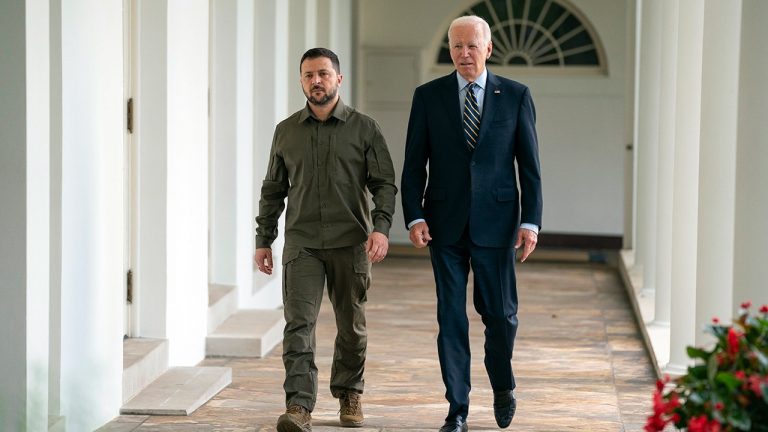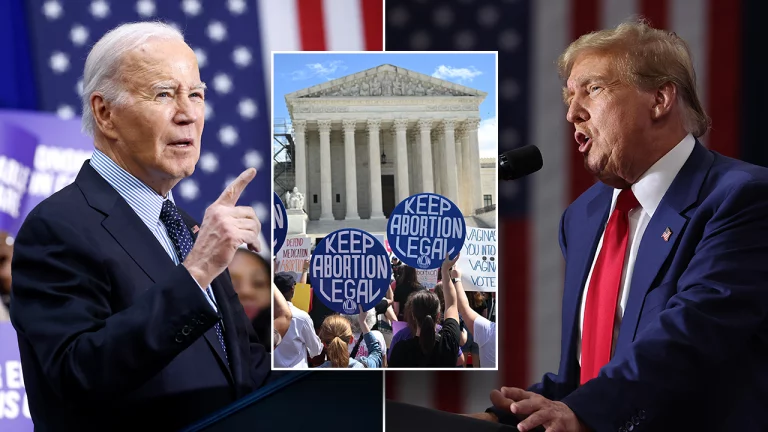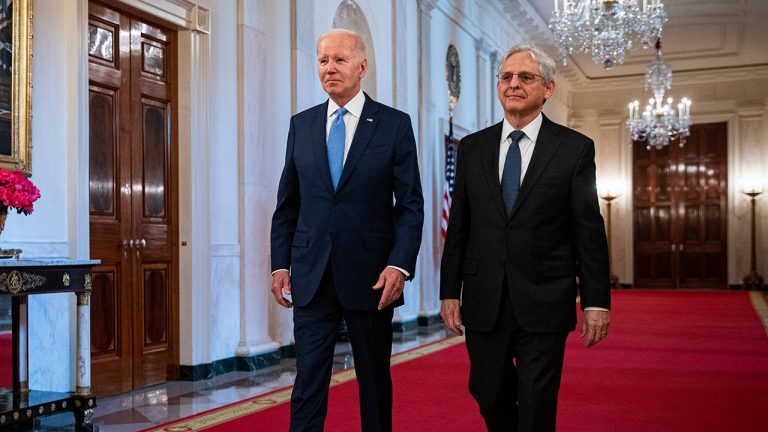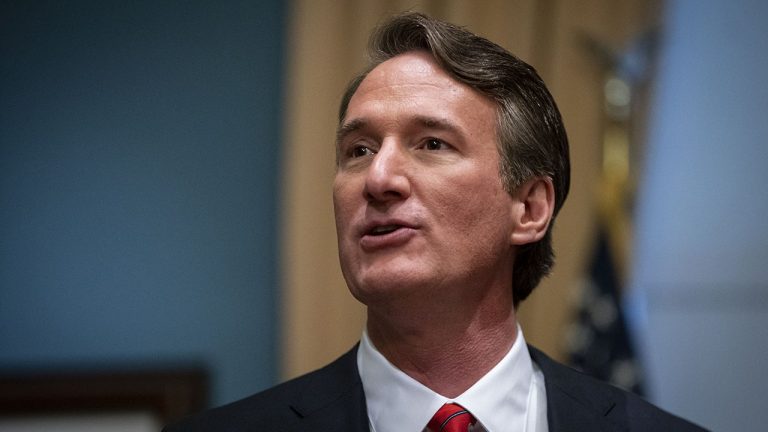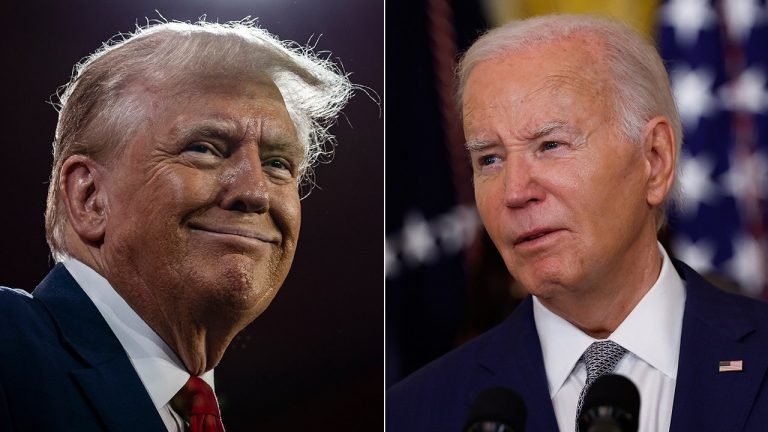House GOP military veteran says junior US troops are paid less than McDonald’s workers
The GOP vs. Biden: The Battle Over Military Pay Raises
Rep. Mike Garcia, R-Calif., a retired Navy pilot and member of the House Armed Services Committee, led an effort to pass a 19.5% pay raise for junior troops, which is the largest military pay raise in history. This raise was intended to be included in this year’s National Defense Authorization Act (NDAA), which lays out policies for the U.S. military and national security. Additionally, there was a proposed 4.5% pay raise for all service members.
One of the main motivations behind this push for a significant pay raise is the fact that roughly one in eight military families with at least one child relies on food banks, according to a study conducted by the University of Georgia last year. Many military personnel, despite their service and sacrifice, struggle to make ends meet financially.
The NDAA, including the proposed pay raise, passed the House in a 217-to-199 vote, authorizing approximately $895 billion in military spending. However, the Biden administration released a statement opposing parts of the House’s NDAA, including the pay raise.
The White House expressed concerns about making significant, permanent changes to the basic pay schedule before the completion of a comprehensive review of military compensation. They argued that if the President’s FY 2025 request is enacted, service members will have already received a 15% basic pay increase in just three years. The White House raised concerns about potential pay compression issues in different parts of the enlisted military basic pay table if the proposed raise were to be implemented.
Rep. Mike Garcia, on the other hand, emphasized the long-standing issue of underpayment for junior troops. He shared personal anecdotes from his time in the Navy, recounting instances where sailors in his squadron on the USS Nimitz even qualified for food stamps. Garcia highlighted the financial struggles faced by many young service members and argued that the proposed pay raise was crucial to addressing these disparities.
Despite the House’s approval of the NDAA with the pay raise included, the fate of the 19.5% increase remains uncertain. The Senate will now need to consider the bill and potentially negotiate a compromise in a bicameral conference.
The debate over military pay raises is one that reflects broader concerns about supporting and caring for those who serve in the armed forces. The Biden administration’s opposition to the proposed 19.5% increase highlights a tension between balancing budgetary considerations and meeting the financial needs of military personnel.
As discussions continue in Congress regarding the NDAA and the fate of the proposed pay raise, the spotlight remains on the well-being and compensation of those who dedicate their lives to serving their country.


